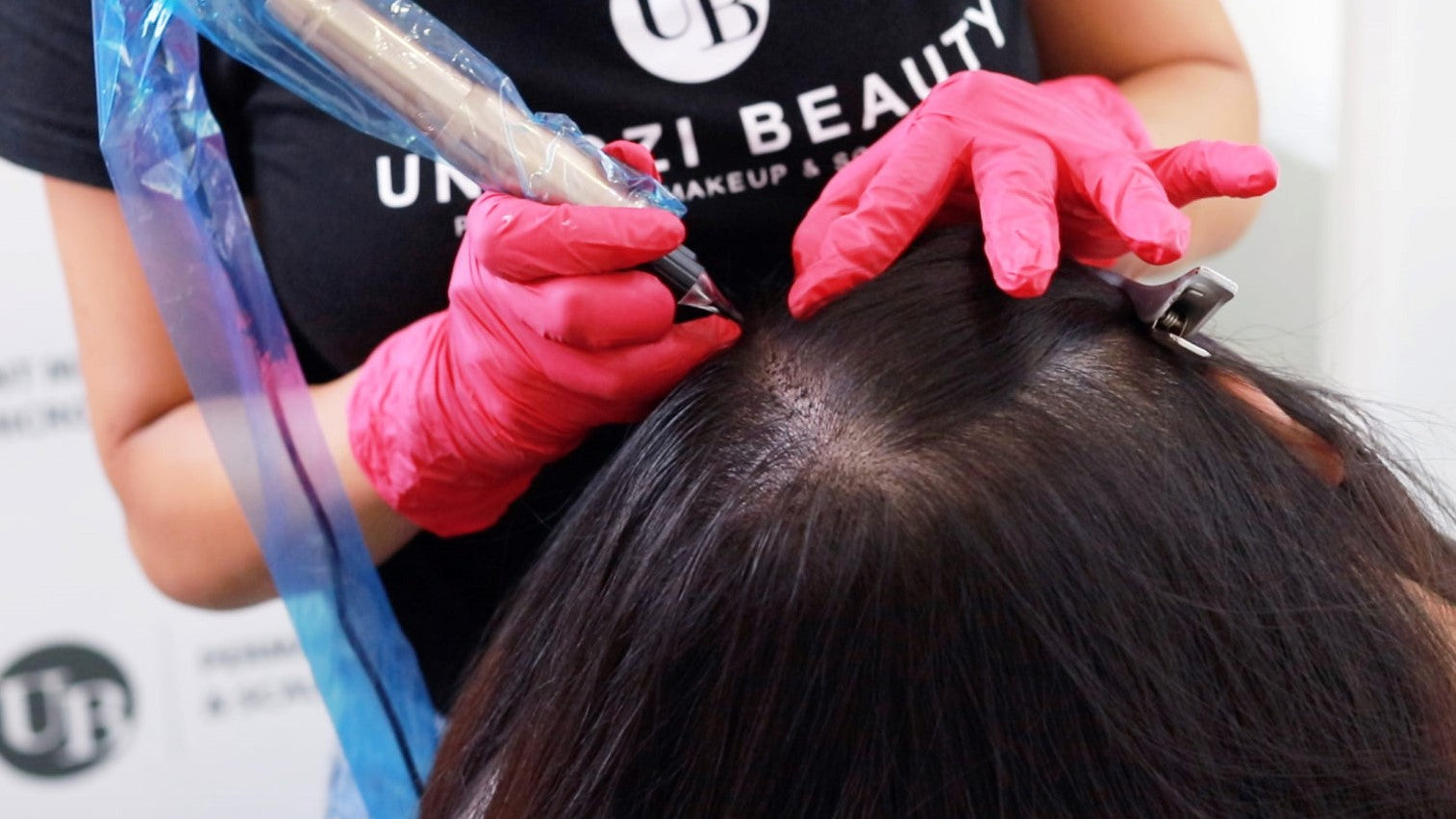
DIY Scalp Micropigmentation Pros and Cons Comprehensive Guide
| MegaCityVip Studio
Introduction: Scalp Micropigmentation (SMP) has gained popularity as a solution for those dealing with hair loss or thinning hair. While professional SMP practitioners offer expertise and skill, some individuals may be tempted by the idea of DIY SMP kits available online. In this comprehensive guide, we will explore the pros and cons of DIY SMP, addressing crucial considerations for anyone contemplating this route.
1. Understanding Scalp Micropigmentation: SMP is a cosmetic tattooing technique that involves tattooing tiny, realistic hair follicle impressions onto the scalp. This creates the illusion of a fuller head of hair and is commonly used to address baldness, receding hairlines, and thinning hair.
2. DIY SMP Kits: The Pros:
a. Cost Savings: DIY kits are often more affordable than professional SMP procedures.
b. Convenience: Performing SMP at home allows for flexibility in scheduling and eliminates the need for multiple appointments.
c. Privacy: Some individuals may prefer the privacy of doing the procedure at home rather than in a professional setting.
3. DIY SMP Kits: The Cons:
a. Lack of Professional Skill: SMP is a specialized field, and achieving natural-looking results requires specific skills and knowledge. DIY kits may not provide adequate training for this.
b. Hygiene and Safety Risks: Tattooing involves breaking the skin, and improper hygiene practices can lead to infections and complications. Professionals are trained in sterile techniques to minimize these risks.
c. Limited Customization: SMP should be tailored to each individual's unique features. DIY kits may not offer the same level of customization as a professional practitioner can provide.
4. Professional SMP Practitioners:
a. Expertise: Trained SMP professionals have expertise in the art and science of creating natural-looking hair follicle impressions.
b. Safety and Hygiene: Professionals adhere to strict safety and hygiene standards, minimizing the risk of infections and complications.
c. Client Assessment: Professionals assess clients' specific needs, ensuring the procedure is suitable and tailored to achieve the desired outcome.
5. Considerations Before Choosing DIY SMP:
a. Research the Product: Thoroughly research the DIY SMP kit, ensuring it meets safety standards and has positive reviews.
b. Legal Compliance: Be aware of any legal restrictions or requirements related to DIY tattooing in your area.
c. Risk Awareness: Understand the potential risks, complications, and limitations associated with at-home SMP.
Conclusion: While DIY SMP kits may offer cost savings and convenience, the risks associated with inadequate training, hygiene, and customization make it a less desirable option for many. Professional SMP practitioners bring expertise, safety, and personalized service to the table, ensuring a higher likelihood of satisfactory results. Before embarking on the SMP journey, it is crucial to weigh the pros and cons, prioritize safety, and seek professional advice when needed.

Leave a comment
Your email address will not be published.